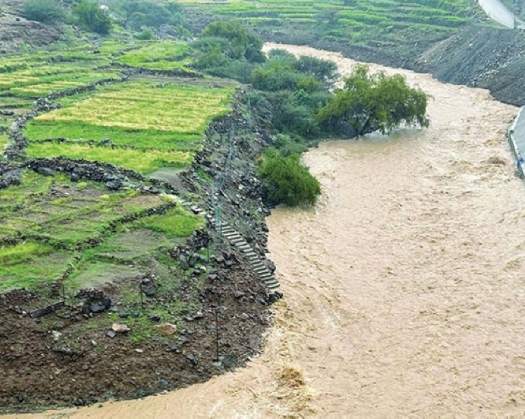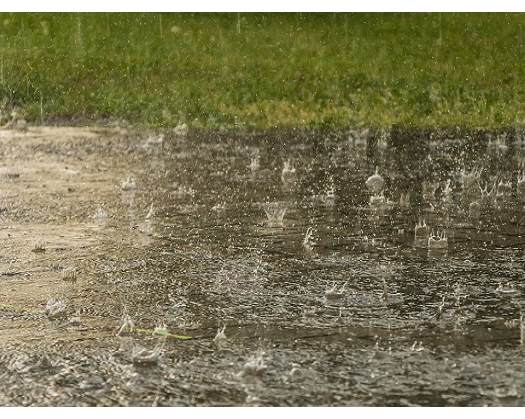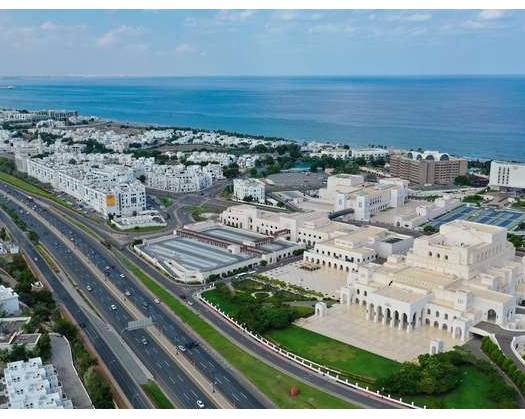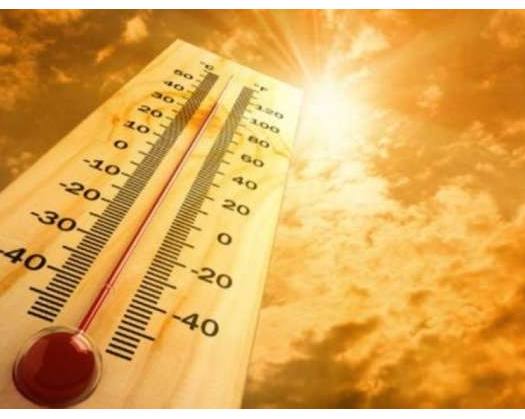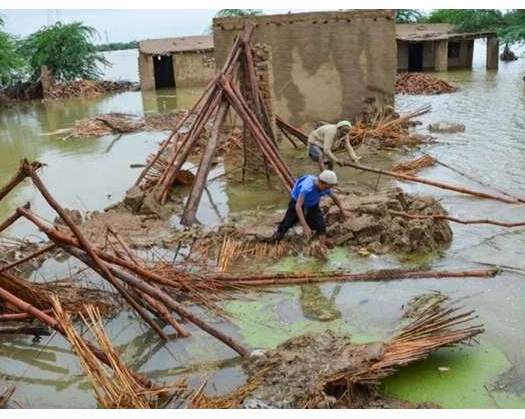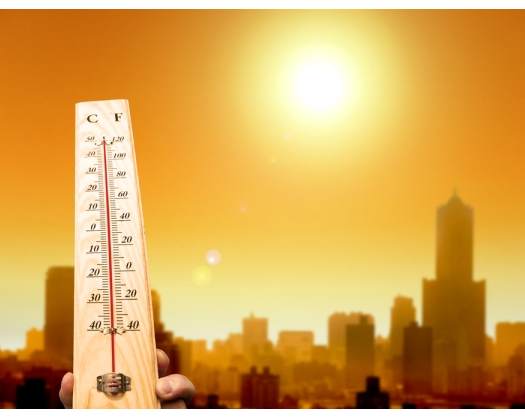Oman emphasized the need for practical and innovative solutions to address the impact of climate change, proposing the creation of a database to identify vulnerable areas in the near, medium, and long term.
The call was made during a speech at an annual climate change conference, delivered by Idris bin Abdulrahman al Khanjari, Permanent Representative of the Sultanate of Oman to the United Nations and International Organizations in Geneva.
Al Khanjari urged stakeholders to work together to find comprehensive solutions that consider local dimensions, anticipate change, and include measures for a smooth transition, sustainability, and environmental protection.
He also highlighted the importance of proactive, fair, sustainable, and environment-friendly alternatives that would facilitate the relocation of human populations to more suitable areas, while ensuring the safety of livelihoods, justice, and equity, and respecting social, economic, and environmental laws globally.
It is crucial to prioritize building livelihood resilience in the face of loss and damage caused by extreme weather events, especially for those in vulnerable situations and developing countries. Loss and damage not only impact homes, ecosystems, and infrastructure but also have cascading effects on the economy, health, and food security, particularly affecting children. The erosion of livelihoods can also lead to increased human mobility and vulnerability to exploitation, especially among women and girls.
Countries have acknowledged the significance of preventing, minimizing, and addressing loss and damage related to climate change impacts under the Paris Agreement. Cooperation areas outlined in Article 8 focus on enhancing the resilience of communities, livelihoods, and ecosystems. The Global Stocktake emphasizes the need to reduce the adverse effects of climate change on poverty eradication and livelihoods by promoting adaptive social protection measures. Building livelihood resilience involves ensuring that social, economic, and environmental systems can effectively handle the human rights impacts of climate change, protecting people's livelihoods through rights-based approaches and social protection measures.

